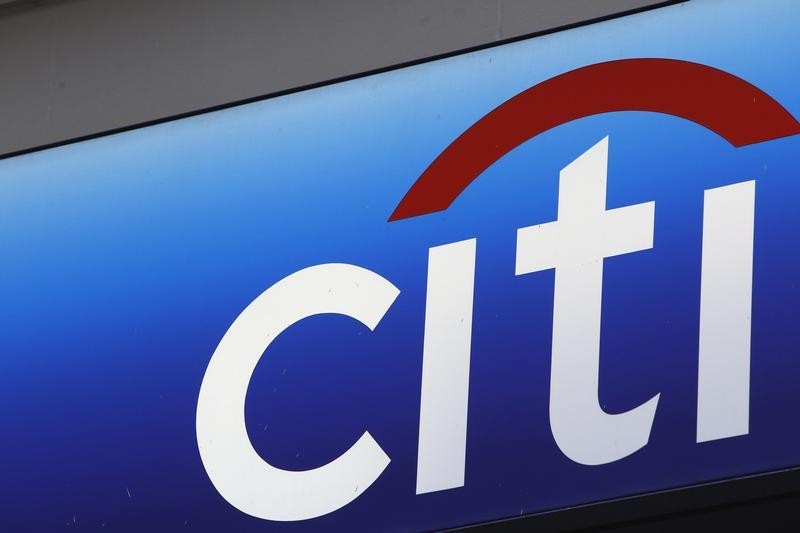Citigroup Inc. (NYSE:C) announced today that its indicative Stress Capital Buffer (SCB) requirement has been lowered to 4.1%, a 20 basis points reduction from the previous 4.3%. This change is set to take effect on October 1, 2024. The preliminary Standardized Common Equity Tier 1 (CET1) capital ratio regulatory requirement will also decrease by 20 basis points to 12.1%.
As of March 31, 2024, Citi reported a Standardized CET1 capital ratio of 13.5%. The Federal Reserve Board is expected to provide Citi with its final SCB requirement by August 31, 2024, which will be effective until September 30, 2025.
In light of these developments, Citi plans to raise its quarterly common stock dividend from $0.53 to $0.56 per share, starting in the third quarter of 2024, contingent upon quarterly approval from Citi's Board of Directors.
The bank cautions that these forward-looking statements, such as the final SCB requirement and future capital levels and actions, are subject to various factors that could cause actual results to differ materially. These factors include macroeconomic conditions, legal and regulatory proceedings, and changes in regulatory capital rules and interpretations.
In other recent news, major U.S. banks, including Bank of America (NYSE:BAC), Citigroup, and Morgan Stanley (NYSE:MS), have announced an increase in their upcoming third-quarter dividends. This decision follows their successful performance in the Federal Reserve's stress test, demonstrating their financial health and resilience. In contrast, Citigroup's head of risk data, Peter Cai, has departed amidst a significant reorganization effort. This departure comes as regulators express concern over Citigroup's 'living will', a plan outlining its bankruptcy management strategy. However, J.P.Morgan's analysis suggests these issues are manageable.
Turning to the international stage, Hyundai Motor (OTC:HYMTF)'s upcoming initial public offering (IPO) in India is set to yield up to $40 million in bank fees for advising banks, including JPMorgan (NYSE:JPM), Citigroup, and HSBC. This IPO could significantly contribute to India's total IPO fee income, signaling a potential shift in the Indian market's revenue potential. These are among the recent developments that investors should keep in mind.
InvestingPro Insights
Citigroup's recent update on its Stress Capital Buffer requirement and plans to increase its quarterly dividend demonstrate proactive capital management amid evolving regulatory standards. These strategic decisions are underscored by InvestingPro data, which reveals that Citigroup has a market capitalization of $120.74 billion and a Price to Earnings (P/E) ratio of 18.25, suggesting investors are valuing the company's earnings at a steady rate. Additionally, the bank's dividend yield stands at 3.44%, highlighting its commitment to returning value to shareholders, a practice it has maintained for 14 consecutive years according to an InvestingPro Tip.
InvestingPro Tips further indicate that Citigroup is a prominent player in the Banks industry, which aligns with its ability to navigate regulatory requirements effectively. Moreover, analysts anticipate that the company will remain profitable this year, which is consistent with its profitable performance over the last twelve months. For readers interested in a deeper analysis, there are additional InvestingPro Tips available, providing a comprehensive look at Citigroup's financial health and market position.
For those seeking to leverage these insights and more, consider using the coupon code PRONEWS24 to get an additional 10% off a yearly or biyearly Pro and Pro+ subscription at InvestingPro. This exclusive offer grants access to a wealth of financial data and expert analysis to inform your investment decisions.
This article was generated with the support of AI and reviewed by an editor. For more information see our T&C.
